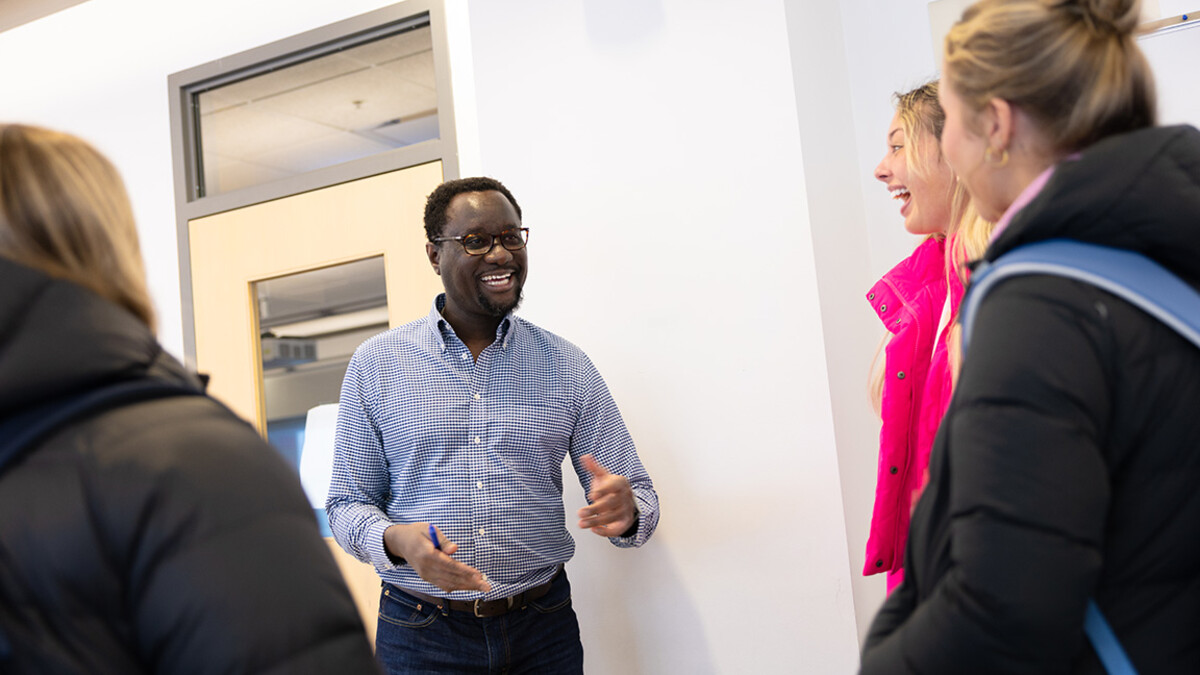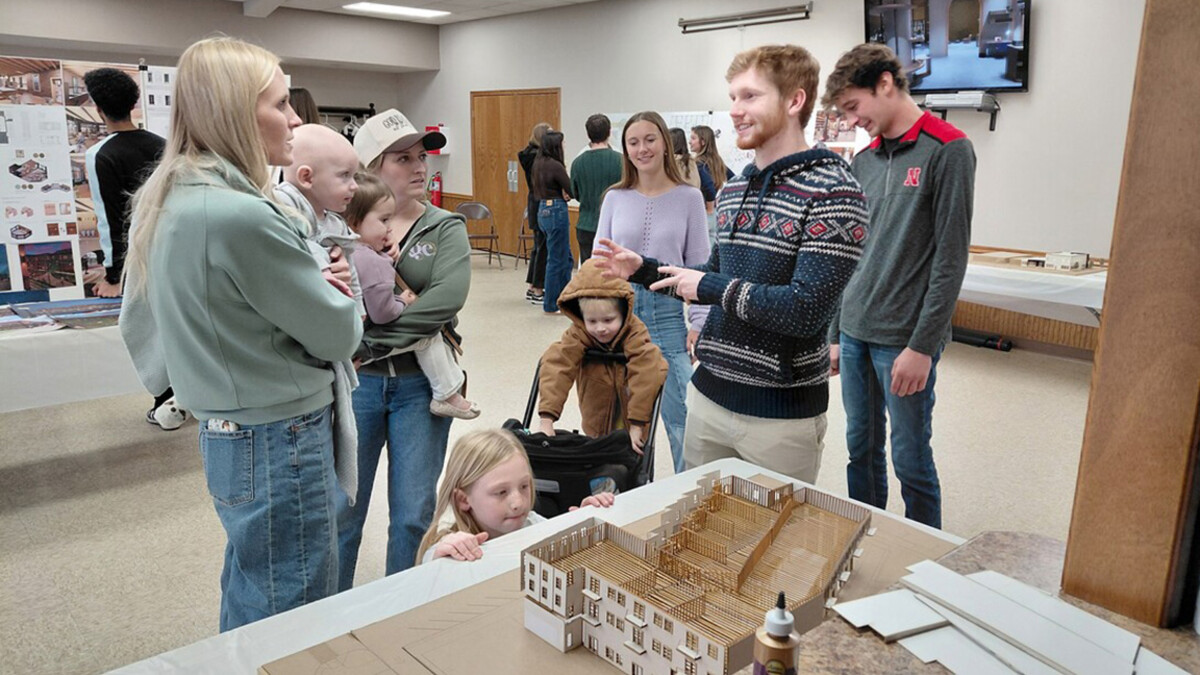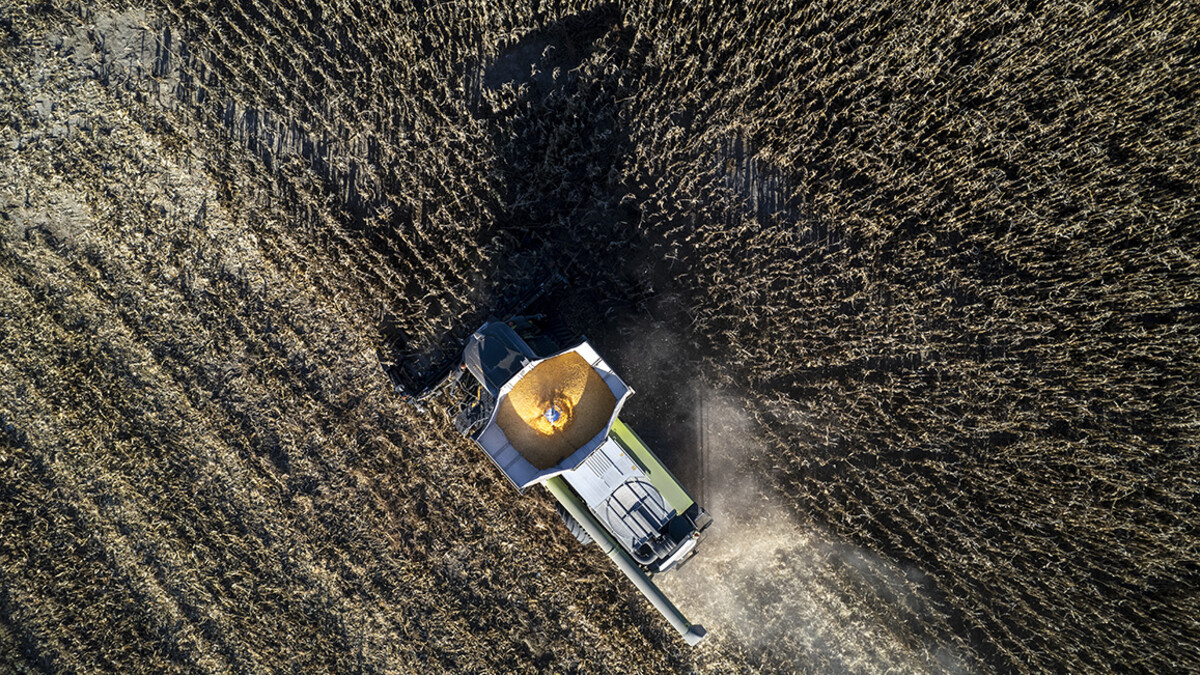
The July 17 fatal shootings of police officers in Baton Rouge literally hit home for Michael Combs, a University of Nebraska-Lincoln political science professor and Baton Rouge native.
A gunman, believed to be a former Marine from Kansas City, Mo., is said to have ambushed police, killing three officers and injuring three others before dying in a shootout with authorities. The shootings came 12 days after Baton Rouge police officers shot and killed Alton Sterling, 37.
“It has been a difficult time,” Combs said July 18. “To hear that police officers were killed there, and to hear about the shooting death of Alton Sterling in the custody of police two weeks ago is very disturbing to me. These two events are having a personal effect on me. I have brothers, nephews and other family members in the city.”
Combs emphasized that he is not minimizing the July 7 shooting deaths of five police officers in Dallas during a rally in honor of Sterling and Philando Castile, who was shot and killed by a police officer during a July 6 traffic stop in Falcon Heights, Minn.
“But when you say Baton Rouge, I feel a very personal connection. The events bring to my memory the shooting deaths of two unarmed Southern University students while I attended Southern,” Combs said.
Combs teaches African-American politics, constitutional law, civil liberties and American government classes at UNL, where he has been on the faculty for more than 29 years. He is the co-author of a textbook on civil liberties and the U.S. Supreme Court and numerous articles focusing on race and its impact on public policy and public opinion.
He said he finds two important lessons in the events of recent weeks: That the people of the United States need to understand the nuanced nature of race and to intentionally fight racism – and that violence and cruelty are not the answer.
“From my perspective, the problem of race in America has neither been satisfactorily nor effectively addressed,” Combs said. “I don’t think these events are a sign that our society is spiraling out of control. They reveal the deepness of the racial divide that exists in America. “
The African-American community in Baton Rouge is appalled by the police shootings, he said.
“We are being told that the shooter drove from Kansas City to Baton Rouge and killed three police officers,” Combs said. “But we associate his behavior with all African-Americans. There have been no reports of demonstrators in Baton Rouge shooting anyone. These senseless killings tarnish a movement that is demanding racial justice and fairness; seeking to address the troubled relationships between the African-American community and police departments across the country.”
Other observations from Combs:
– On law enforcement officials who have criticized President Obama for defending the Black Lives Matter movement:
“Talking about racism does not make people behave in a more racist and irrational manner. That’s like blaming the war on terrorism for inciting terrorism.”
“From my perspective as a political scientist, many Americans seem to believe America has finally overcome its racial problems because Obama was elected president,” Combs said. “Many Americans forgot that racism has been and is a challenge that has confronted this nation for centuries. We have to work at combating the effects of racism.”
– On bystander videos of the Sterling and Castile shootings that caused an uproar after their circulation on social media:
“The adage of one picture (or video) is worth a thousand words is evident.”
– On the July 18 acquittal of Baltimore Police Lt. Brian Williams of criminal charges related to Freddie Gray’s death in police custody:
“I think that’s the challenge that America is being presented with. On the one hand, we do believe in law and order – and on the other hand, law and order has to satisfy some expectations of justice and trust in the system.
– On whether it undermines police to support Black Lives Matter:
“To criticize police behavior in terms of Falcon Heights and Baton Rouge, I don’t see that as an indictment of all police officers. I really believe we can carry two ideas in our heads at the same time – that we can be very critical of police misconduct without saying all police officers are racist.”
“No institution in a democracy is above a very in-depth critique. That’s what a democracy is.”







